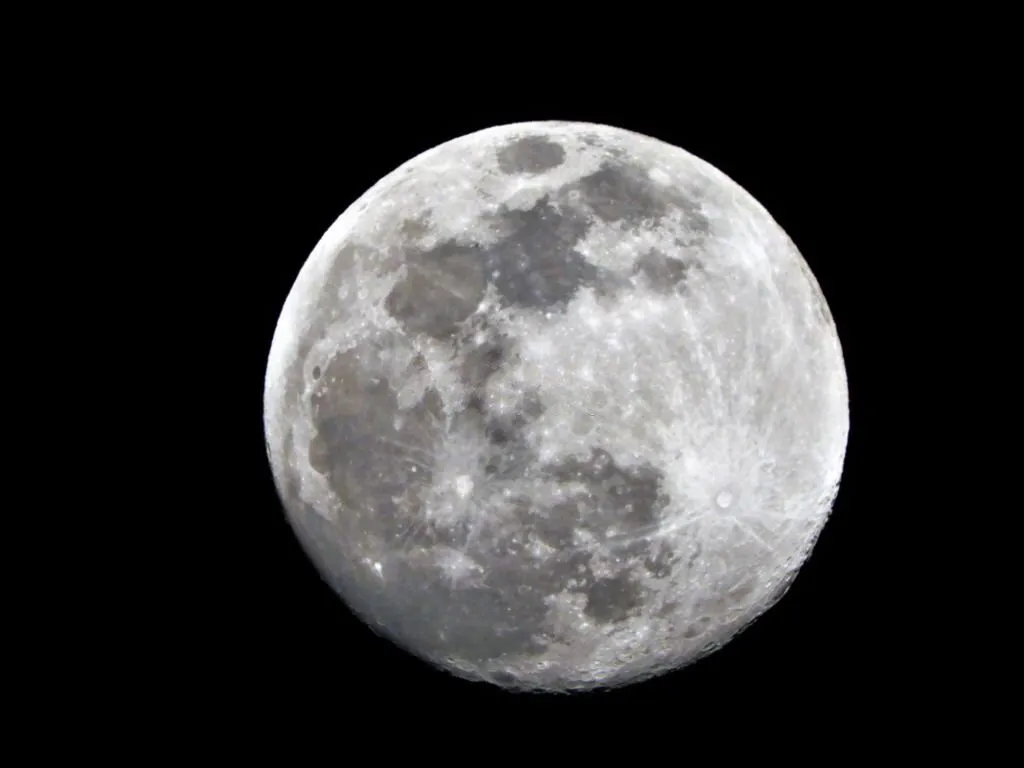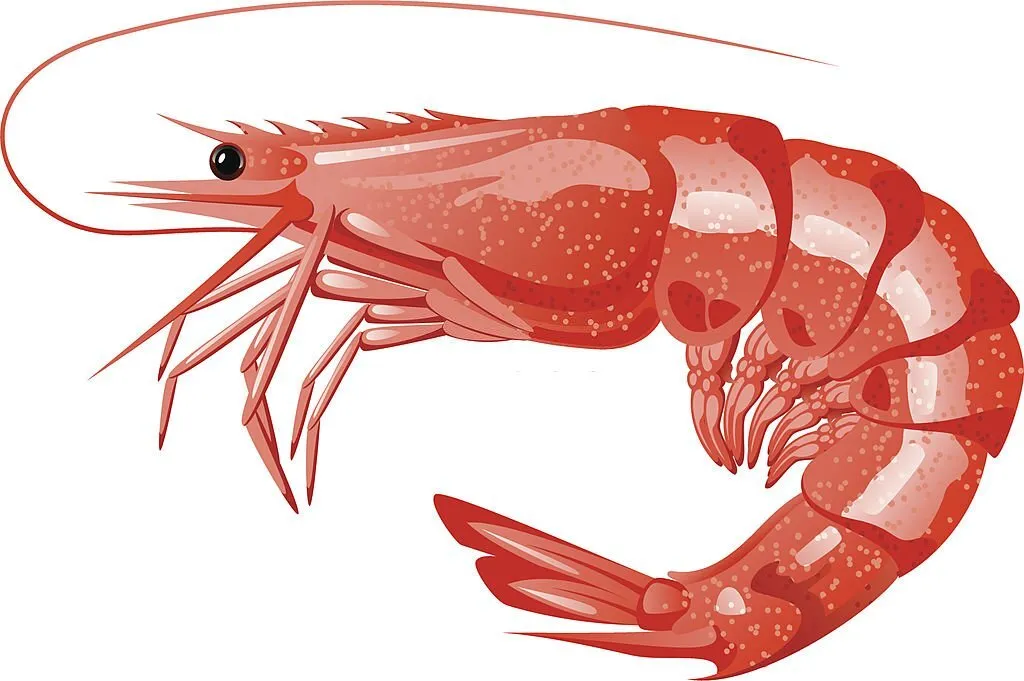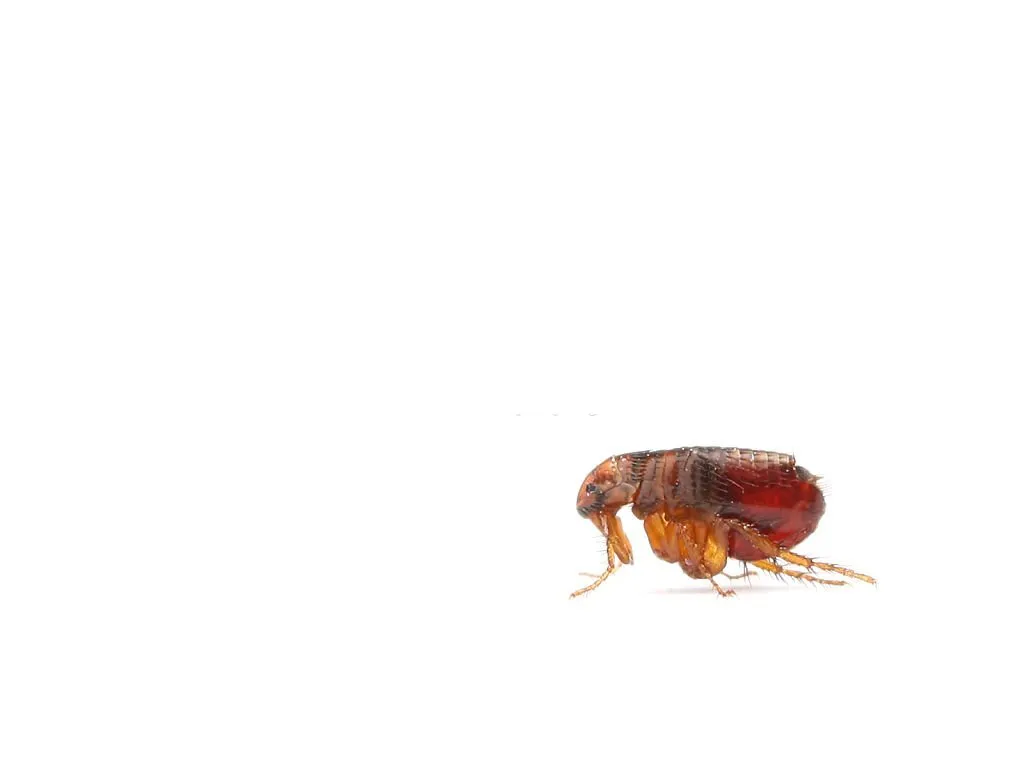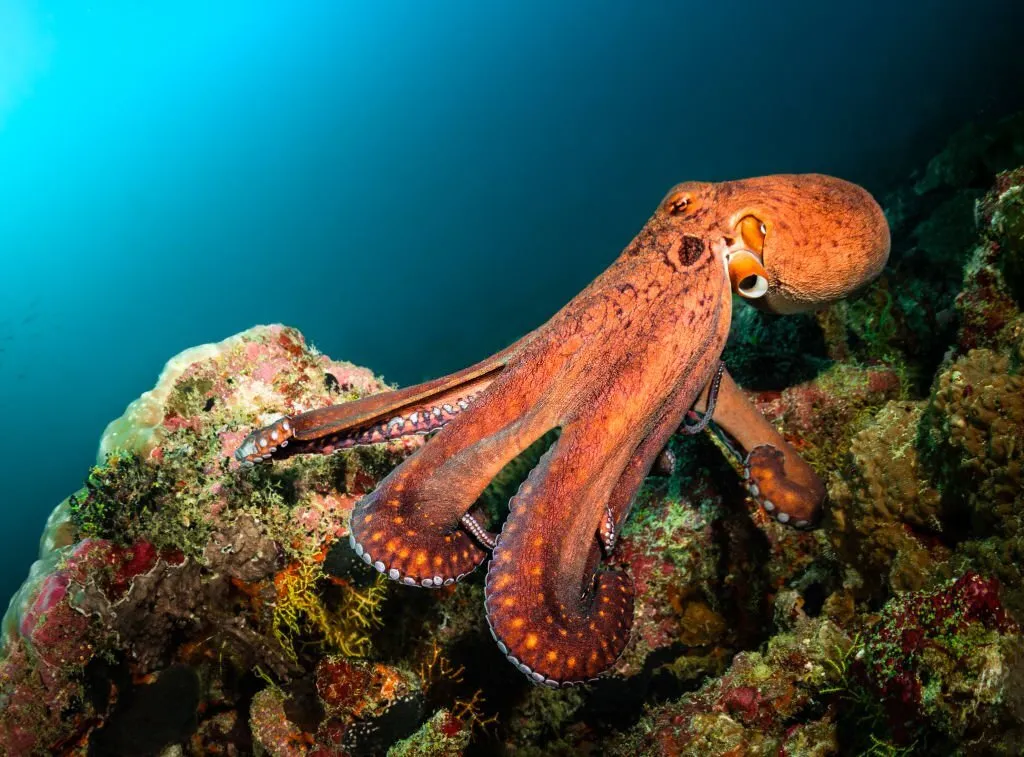Table of Contents
Journey through the extraordinary with our collection of 1,000 amazing facts. Prepare to be dazzled and enlightened by the wonders of the world!
Hello and welcome to my article about 1,000 incredible facts! I’m thrilled to impart some interesting knowledge to you. These 20 astounding facts, which range from pop culture and history to science and nature, will blow your mind and change the way you perceive the world. Let’s get started straight away, okay?
1000 Amazing Facts That Will Blow Your Mind
The moon is moving away from Earth
Did you know that the moon is slowly moving away from Earth? Scientists estimate that the moon is drifting approximately 4 centimeters further from our planet every year. At that rate, in about 50 billion years, the moon will take about 47 days to orbit the Earth instead of the current 27.3 days. Whoa!

Water can exist in two places at once
Get ready for your mind to be blown! Amazingly, water is able to exist in two places at once. This phenomenon is called “quantum tunneling” and it allows water molecules to pass through barriers that normal particles would not be able to penetrate. Wild, right? Just another example that water truly is the magical elixir of life.
Sneezing can travel 100 miles per hour
Here’s an incredible fact about the humble sneeze – it can reach speeds of up to 100 miles per hour as it leaves your body! Also, a single sneeze can send around 100,000 germs into the environment around you. No wonder we’re told to sneeze into our elbows! Nature is truly amazing.

Lightning strikes the Earth over 8 million times a day
You probably know that lightning is powerful and frequent. But did you realize that there are over 8 million lightning strikes across the world every day? That’s a whole lot of flash! Next time there’s a storm, remember the immense force of Mother Nature at work.
A shrimp’s heart is in its head
Here’s a zany fact – a shrimp’s heart is located in its head, specifically in its thorax between its eyes and antennae. This allows the heart to pump blood throughout the shrimp’s body and brain. Pretty gnarly placement if you ask me!

A Blue whale’s tongue weighs over 2.7 metric tons
Open wide and say ahh! The magnificent blue whale has a tongue that can weigh as much as 2.7 metric tons. That’s about the same weight as a fully loaded-school bus! Their tongues alone can weigh as much as an adult elephant. Talk about a tongue twister!
Antarctica contains 90% of the world’s ice
Here’s a chilling fact – the continent of Antarctica holds around 90% of the world’s ice. The ice sheet is almost three miles thick and contains 70% of the world’s freshwater. And yet, surprisingly, Antarctica is classified as a desert due to its low rates of precipitation. Brrr!
Humans shed 40 pounds of skin in their lifetime
Ready to get grossed out? During a lifetime, humans will shed around 40 pounds of skin. We lose approximately 30,000 to 40,000 dead skin cells every minute! Our bodies are constantly regenerating new skin cells and getting rid of old ones. Who needs a full body exfoliation when you have this fact?

One million earthquakes occur annually
Feel the earth move – there are around one million earthquakes registered globally each year. Most are minor and cause minimal damage. The largest earthquakes can produce massive tsunamis, landslides, and building collapses. Talk about shaky ground!
A flea can jump 200 times its height
Don’t underestimate the tiny flea! These minuscule insects can jump up to 200 times their own height due to having incredibly powerful hind legs. That’s the equivalent of a 6-foot-tall human jumping over a 1200-foot-tall building! Truly one of the greatest feats in the animal kingdom.

Bananas are slightly radioactive
Gasp – bananas contain small amounts of radiation! But don’t worry, the levels are very minor, and eating bananas does not pose health risks. The radiation comes from potassium-40, an isotope naturally found in potassium-rich foods like bananas. Still, weird to think our favorite yellow fruit is slightly radioactive!
Honey does not spoil
Here’s a sweet fact – honey discovered in ancient Egyptian tombs over 3000 years old has been tested and is still completely edible. Due to its unique properties, pure honey will never go bad. As long as it is sealed properly, honey’s antibacterial properties prevent microorganisms from spoiling it. Now that’s a superfood!

A flea can accelerate 50 times faster than a space shuttle
You’ll never look at fleas the same after learning this incredible fact – fleas can reach accelerations of over 20g, meaning they increase speed 50 times faster than a space shuttle launching into orbit. Their powerful legs and exoskeletons allow them to jump at speeds up to 887 inches per second, all within 1/8 of a millisecond. Absolutely mind-blowing!
The hottest inhabited place on Earth frequently reaches 130°F
If you think your hometown gets hot in the summer, it has nothing on the hottest inhabited place on Earth. Dallol, Ethiopia has an average high temperature of 106°F and frequently reaches sizzling temperatures of 130°F in the summer. Situated in the Danakil Depression, the extreme heat combined with acidic hot springs make Dallol one of the most extreme environments on Earth!
Polar bear fur is invisible to infrared photography
The fur of a polar bear is made up of transparent hollow tubes that effectively scatter infrared radiation without absorbing it. This causes polar bears to be invisible to infrared photography. A very useful trick when hunting seals on the ice! This is yet another example of the amazing adaptations of nature.
A chef’s toque can contain 100 folds
Here’s a fancy fact about a chef’s hat, also called a toque – the tall, pleated hats traditionally have 100 folds, which represent the 100 different ways a chef knows how to cook an egg. The height and pleating are also believed to have originated as a way for chefs to bump their heads less when in the kitchen. Très chic! Great post to read about fruity pebbles nutrition facts.
The hottest temperature ever recorded on Earth is 134°F
If you think 130°F sounds ridiculously hot, brace yourself – the hottest temperature ever reliably recorded on Earth was a blistering 134°F in Death Valley, California in 1913. dubiously claimed recordings in Libya in 1922 reported temperatures up to 136°F. Regardless, the low humidity of the desert combined with scorching temperatures created one of the most extreme climates on the planet.
Octopuses have three hearts
Here’s an anatomical fact that will shock you – octopuses have not one, not two, but three separate hearts! Two pump blood to their gills, while the third circulates blood to the rest of their body. Having multiple hearts allows them to circulate oxygen efficiently to all their tentacles and organs. Fascinating!

A single tea bag can brew up to 200 cups of tea
If you’re a tea lover, get excited about this fact – some premium tea bags can be steeped up to 200 times before they’re depleted of flavor! By gently brewing and removing the leaves, the tea continues releasing more aromas and compounds with each infusion. This means one tea bag could hypothetically brew up to 200 cups. Now that’s getting your money’s worth!
Cats spend 70% of their life sleeping
Lastly, here’s a fact that every cat owner knows – cats love to sleep! House cats sleep an average of 15 hours a day, usually scattered into short naps throughout the day and longer periods at night. With so much time sleeping, it’s no wonder cats always seem ready to lounge and relax. What a life!
And there you have it: 20 mind-blowingly astounding facts! Our planet is full with amazing features just waiting to be found, from the bottom of the ocean to the furthest reaches of space. I hope you learned something new and have a fresh perspective on the world as a result of these intriguing and unexpected facts. Lifelong learning is an adventure!

Final Words
I hope you enjoyed these 1000 Amazing facts and learned something new! Our world is full of wonderful surprises if you take the time to seek them out. Continue looking for new information to broaden your horizons. Keep asking questions, research things that interest you, talk to experts, and always keep an eye out for the unexpected. The truth really is stranger than fiction! Never lose your sense of curiosity.





